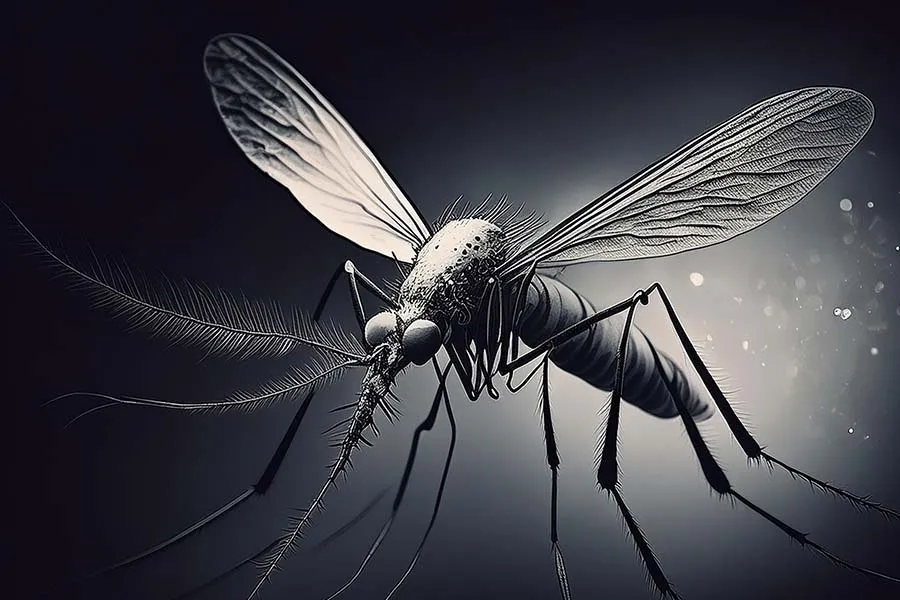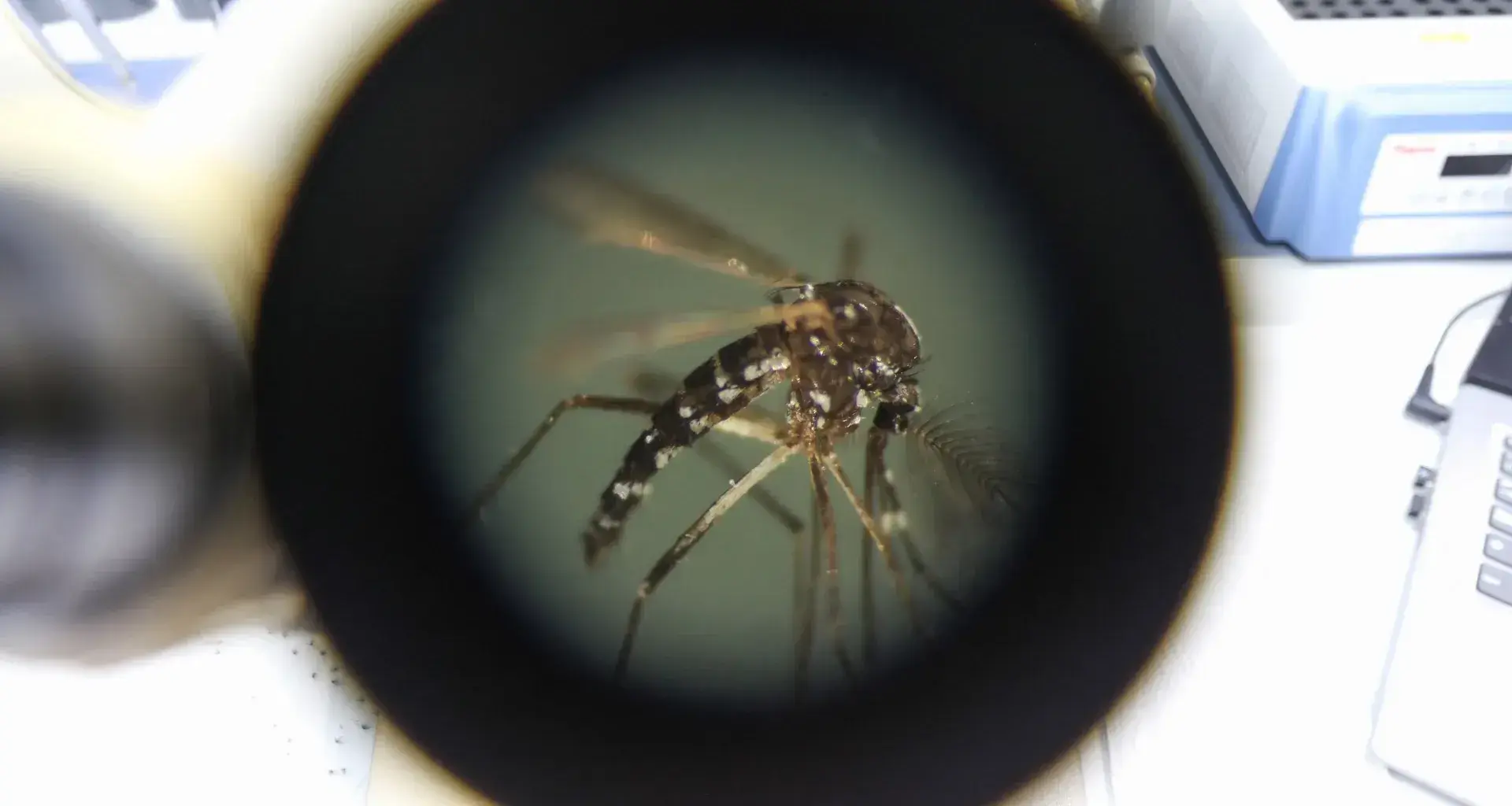What is dengue, how is it transmitted, and what are the symptoms? Why have cases increased in recent weeks?
According to the latest data from the Federal Ministry of Health (SSA), dengue fever cases have increased in Mexico as of July 8, with 22,274 confirmed cases and 49 deaths.
“Mexico has registered a 300% increase compared to previous years,” explains Michel Martinez, an infectious disease specialist at TecSalud, Tec de Monterrey’s health system.
At the beginning of 2024, the Pan American Health Organization (PAHO) warned that this year would be a record year for infections due to climate change.
Here is some information about this disease and how to prevent it.

Is dengue contagious?
According to the Mexican Social Security Institute (IMSS), dengue is a disease caused by a virus that is transmitted to people by the bite of the disease-carrying mosquito (Aedes aegypti).
This disease has four types (serotypes) and can be contracted by anyone. It can be dangerous and even deadly.
It’s not transmitted from one person to another, but even those who have been infected in the past can develop it again.
There are three different forms of the disease:
- Dengue fever.
- Hemorrhagic dengue.
- Hemorrhagic shock.
Dengue symptoms
Signs of the disease appear after four to seven days.
- Fever.
- Bone pain.
- Severe headache (forehead).
- Eye pain (increases with movement).
- Skin rash (resembling measles).
- Nausea.
- Vomiting.
- Insomnia.
- Itchiness.
- Lack of appetite.
- Abdominal pain.
“If we have these symptoms and COVID-19 has been ruled out, it is best to do a dengue test and a blood biometry to see if the platelet level has dropped,” says infectious disease specialist Michel Martinez.
What are the most severe symptoms?
- Intense abdominal pain.
- Fatigue.
- Persistent vomiting or vomiting blood.
- Drowsiness.
- Bleeding from gums and nose, blood in urine or stool.
- Hemorrhage.
- Seizures caused by fever.
- Severe dehydration.
“If you have any of these (serious) symptoms, you should go to your nearest health center immediately to begin treatment.”
People at higher risk of severe dengue fever are children under one year of age, people over 65 years of age, pregnant women, and people with other uncontrolled diseases.
Can it be treated?
Currently, there is no specific treatment. Follow your doctor’s recommendations to control symptoms. Also:
- Drink plenty of fluids.
- Avoid exposure to mosquito bites.
- Rest.
- Do not self-medicate.
A vaccine has been authorized by the Federal Commission for Protection against Health Risks (COFEPRIS); however, its application in people who have not been sick with dengue carries risks, so widespread application is not recommended.
Dengue prevention
The mosquitoes that transmit the dengue virus live in most of the country, mainly in the cities where they find shady places to rest, often in containers where water and food are stored.
The main measures recommended by the TecSalud infectious disease specialist are:
- Avoid letting water accumulate or become stagnant.
- Avoid going out during dawn and dusk (these are the preferred times for mosquitoes).
- Wear thick clothes, jeans, and long sleeves (light colors).
- Apply 25% DEET insect repellents to your skin.
- If you are going to be outdoors, apply Permectrin, a substance that helps repel mosquitoes (to your clothing only).
- Use a mosquito net or fabric that completely covers the bed.
- Install screens on doors and windows.
- Avoid accumulating trash.
- Keep water containers, tanks and cisterns clean.
- Apply larvicides in containers to eliminate mosquito larvae.
- Use special insecticides to eliminate the mosquito in its adult stage.
Climate change increases dengue cases
According to specialists, the increase in dengue cases is due to several factors.
The Aedes aegypti mosquito, for example, has adapted and can now survive at higher altitudes, which has expanded its range.
This year, the insect has been reported in areas where it was previously unknown, such as Uruguay and other parts of Mexico.
In addition, they can now survive for longer due to climate change.
Rising temperatures and extreme weather events such as heat waves and droughts lead to improper water storage, which creates the perfect breeding ground for the dengue mosquito.
On the other hand, storms and floods also increase their proliferation.
The World Health Organization (WHO) estimates that about half of the world’s population is at risk of contracting dengue fever.
YOU MAY BE INTERESTED IN:





